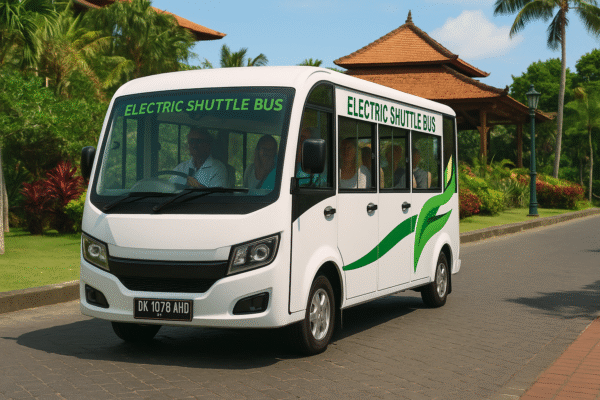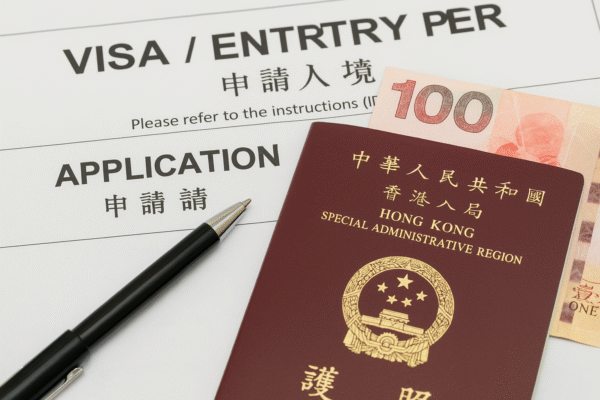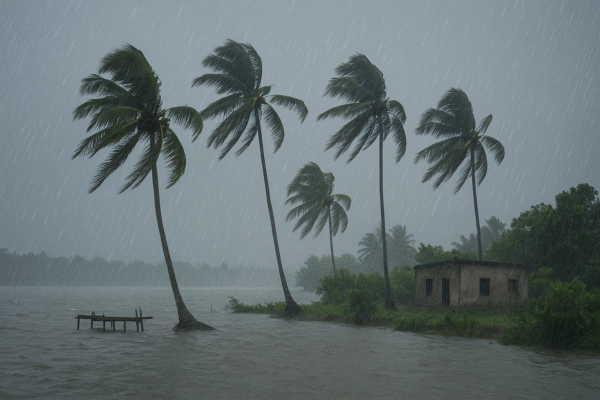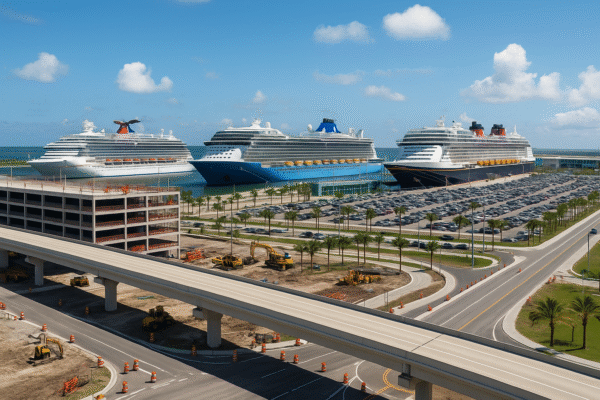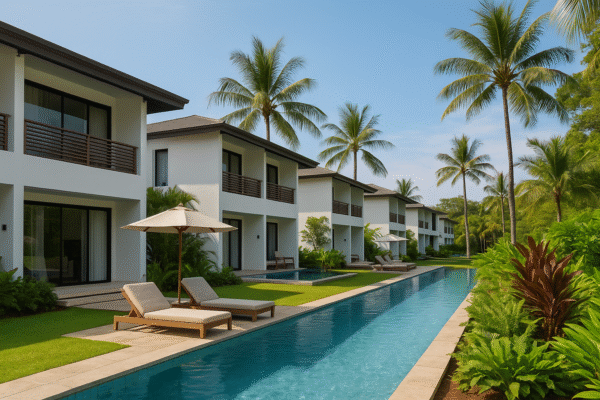Ryanair’s pivot toward mobile boarding passes is part of a broader industry shift to digital convenience. Already, approximately 80% of its annual 200 million passengers rely on the app for check-in, reflecting widespread smartphone adoption. By eliminating paper boarding passes, the airline aims to save over 300 tons of paper annually, significantly reducing environmental impact.
Officials also anticipate a smoother airport experience: passengers receive real-time updates for gate changes, delays, and alternative flight options directly through the app. This capability is expected to enhance customer satisfaction during disruptions and make airport processes more responsive.
Moreover, Ryanair expects the transition to lead to elimination of nearly all airport check‑in fees, a substantial benefit in its add-on-heavy pricing model, thereby simplifying and reducing travel costs.
Addressing Passenger Concerns: What If Your Phone Fails?
Anticipating concerns—especially among those less tech-savvy or prone to technical glitches—Ryanair has built in contingencies:
- Passengers who check in via the app before arriving at the airport but encounter issues like battery failure or phone loss will be reissued a paper boarding pass for free at the airport. The previous fee for this service (about £20) will be eliminated.
- Airline CEO Michael O’Leary reassures: “If your phone dies or you lose it, as long as you’ve checked in before arriving, there’s no issue. We’ll have your seat assignment and you’ll still board.”
- However, travelers departing from airports in Morocco and Albania’s Tirana will still require printed boarding passes, in compliance with local regulations. Albania is expected to transition to digital-only starting March 2026.
What This Means for Travelers and Tourism
Prospective Benefits:
- Faster and more efficient airport flow—no more printing lines or check-in desks, enabling smoother movement through terminals.
- Eco-friendly credentials—a visible step toward reducing traveler carbon footprints and advancing sustainability in tourism.
- Enhanced communication—direct, timely notifications help passengers stay informed without scrambling through emails or postings.
Potential Drawbacks:
- Technical reliance—battery failure or lack of smartphone familiarity remains a hurdle for certain demographics, particularly seniors.
- Preparation required—passengers must have the app installed and be checked in before arriving at the airport, else they may face delays or fees.
- Regulatory exceptions—some airports still require printed passes, necessitating clear communication and planning.
Older passengers are of particular concern. In the UK, for instance, only about 67% of those aged 65+ own smartphones, compared to almost 100% among younger groups. Yet, Ryanair encourages users in need to enlist family or friends to assist with digital check-in, and airport staff will offer help for those facing difficulties.
The Bigger Picture: Paperless Travel Is Here to Stay
Ryanair’s bold move reflects a widespread evolution in travel norms. By fully embracing app-based boarding, the airline is leading the transition to paperless travel. Experts predict that, by 2030, physical boarding passes may be eliminated industry-wide, replaced by seamless digital or biometric systems like facial or iris recognition.
Travelers should anticipate an increasingly digital journey—from booking to boarding. This includes improved app functionalities, integration with digital wallets, and perhaps in future, gate control through biometrics, reducing friction and enhancing security.
Will Travelers Adapt?
Adoption seems likely, given the growing reliance on smartphones for daily tasks, including travel. Still, Ryanair’s move may serve as a wake-up call, especially for demographics slow to adopt new tech. Educating travelers, providing robust support, and maintaining clear contingency protocols will be critical.
For many, the shift may bring smoother, greener, and more connected travel—once the learning curve fades. For others, particularly those uncomfortable with digital tools, there may be a period of adjustment. Ultimately, as quota of travelers without smartphones dwindles, paper boarding passes may become relics—symbols of a past era in aviation.
Final Thoughts
Starting November 3, 2025, Ryanair joins the frontier of fully digital air travel, replacing paper with mobile boarding passes via its app. This change promises cost savings, operational efficiency, and significant environmental benefits. Despite valid concerns around technology access and regulatory variance across airports, Ryanair has structured support systems to ease the transition.
The airline’s move signals a bold step toward a future of digital-first, sustainable travel—where your smartphone becomes the central passport to the skies. As the travel ecosystem evolves, staying informed and prepared with app-ready devices will become integral to seamless adventures around the globe.
For more travel news like this, keep reading Global Travel Wire



